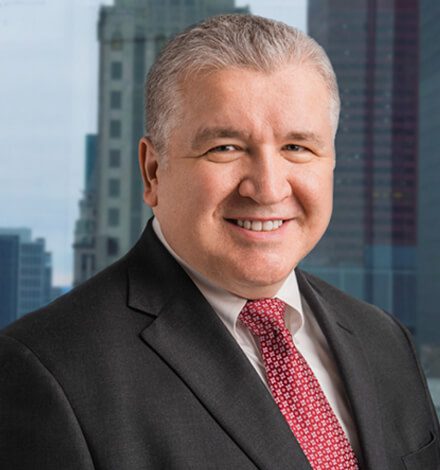Freedom Against Compelled Speech
Freedom Against Compelled Speech
The First Amendment affords all of us free speech protections that include the compelled speech doctrine, which extends the reach of free speech laws beyond stopping the government from suppressing what individuals have to say. The compelled speech doctrine, in essence, bars the government from compelling – or requiring – people to say things they don’t want to say, don’t believe in, or don’t agree with. Better understanding this doctrine can help you better protect your rights, and if your civil rights have been trampled, it’s time to consult with an experienced Illinois civil rights attorney.
You Can’t Be Required to Say Something You Don’t Want to Say
We recognize the right to free speech, but you may not realize that there are also protections in place that ensure you can’t be compelled to say something you don’t believe in. The motivation behind the compelled speech doctrine is that requiring people to share messages that do not align with their most deeply held beliefs undermines the common good. A free society means having the freedom of your beliefs as well as the freedom to determine for yourself what you choose to say or not to say.
The Classic Case of Compelled Speech
In the West Virginia State Board of Education case that is most often cited in relation to compelled speech, the Supreme Court ruled that states cannot force school children to engage in the following if it goes against their beliefs to do so:
- To stand
- To salute the flag
- To recite the Pledge of Allegiance
It was the Court’s finding that school children who are Jehovah’s Witnesses and do not participate in the practice of saluting the flag while reciting the Pledge of Allegiance for religious reasons have a First Amendment right that is based on freedom from compelled speech not to do so.
Justice H. Jackson put it this way: If there is any fixed star in our constitutional constellation, it is that no official, high or petty, can prescribe what shall be orthodox in politics, nationalism, religion, or other matters of opinion or force citizens to confess by word or act their faith therein.
Your Rights Regarding Compelled Speech
The right to say what you believe and the right not to say what you don’t believe are complementary elements of the overarching concept of protecting our individual freedom of thought. In other words, the government has no right to infiltrate your thoughts and firmly held beliefs.
Reach Out for the Skilled Legal Guidance of an Experienced Illinois Civil Rights Attorney
If you have concerns related to compelled speech, it’s an important civil rights matter that should not be ignored. George Sanders at The Law Offices of George M. Sanders, P.C., is a trusted Illinois civil rights attorney who has a nuanced understanding of civil rights and is committed to zealously advocating for yours. Your case is important, so please don’t wait to reach out and contact us for more information about what we can do to help you today.







